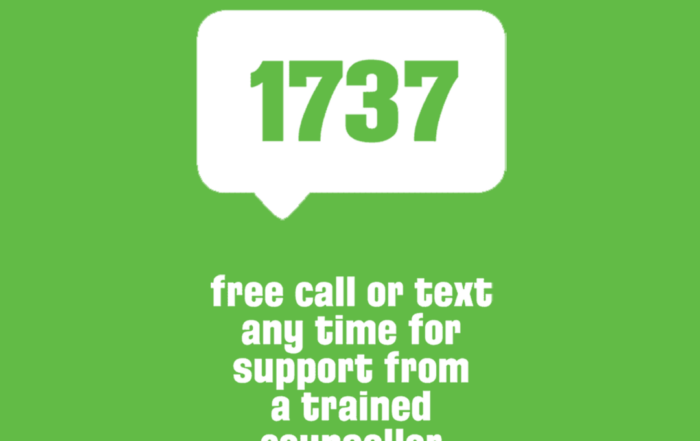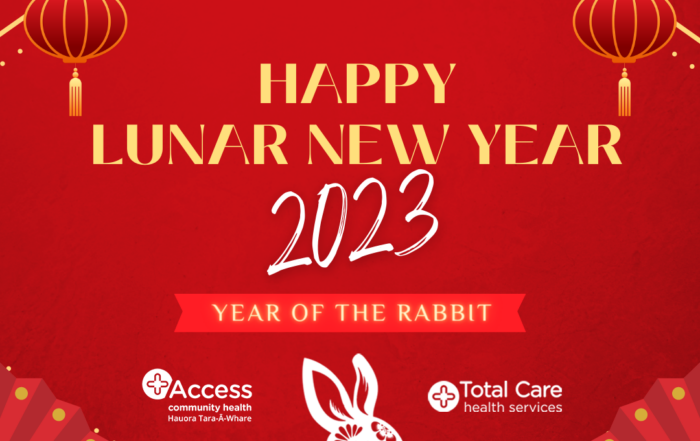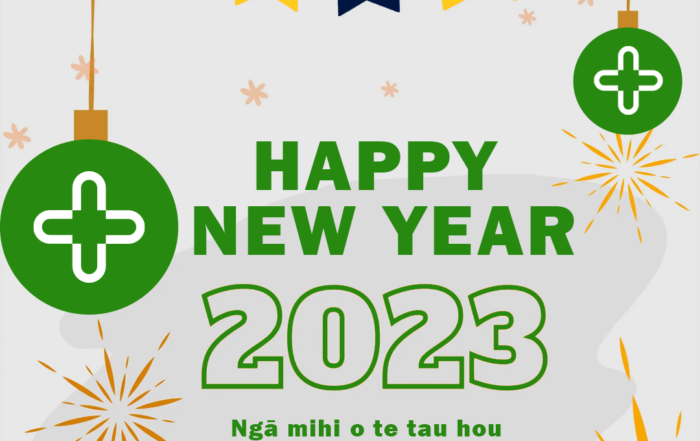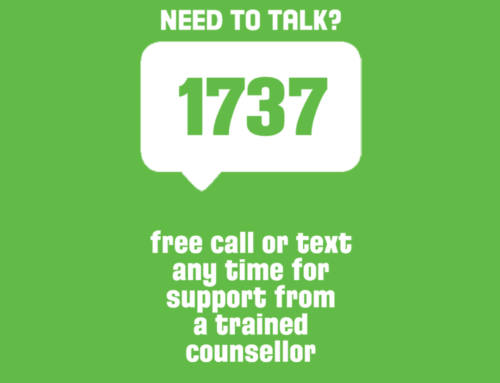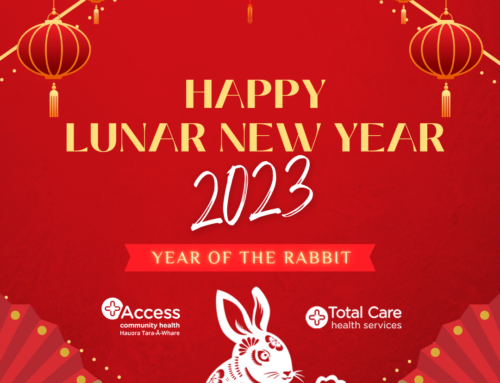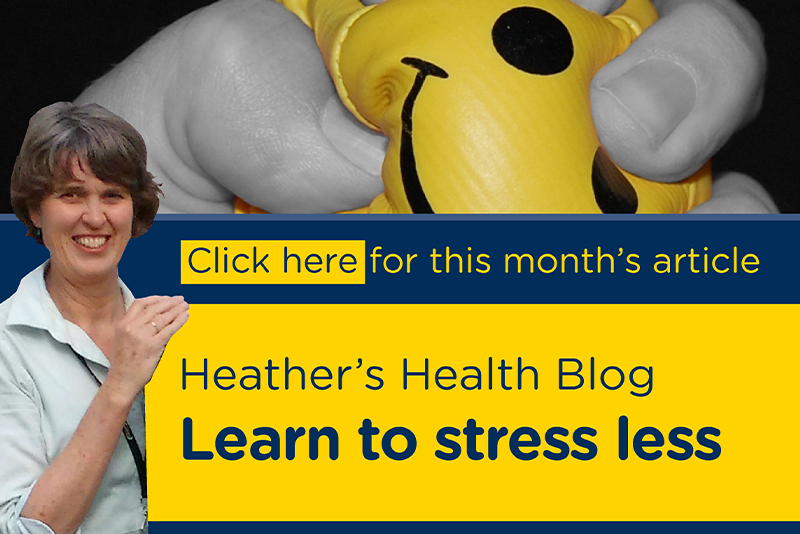
How can we stress less?
(Or rather how can we adapt to modern stressors and avoid serious complications?)
It has become well known that increased stress in our personal worlds has an impact on our health. How much though?
In today’s world of information overload, higher expectations in the workplace, social and family dynamics, the physiological effects of stress can be enhanced and rather than be short lived as it may have been in the past with threats to survival, these days people may experience chronic ongoing stressors which could be as simple as overworking. In a review of workplace stress in the state of Victoria, Australia (2006) the significance of stress and in particular workplace stress and its effects on mental health, cardiovascular disease and other health problems were confirmed.
In addition to the cardiovascular system, stress can impact chronic disease by increasing the effects of obesity, diabetes, ongoing exhaustion, infertility, and diseases affecting the immune system such as autoimmune disease, poor immune function, cancer and early ageing. Early stages of chronic stress effects can show up in different ways in each individual. Some early signs we may become aware of in ourselves or colleagues are: increased anxiety, panic attacks, insomnia, depression, behaviour impairment, and cognitive or thinking/brain disorders.
In my blog today I wanted to touch on what we can do to prevent the serious implications above from occurring. By becoming aware of where we are at now and looking at what we can do to avoid the outcomes above.
So, do you suffer any of the short term problems as above? Chronic fatigue, no energy, poor sleep patterns, increased anxiety to name a few.
The first step is to be aware that these symptoms are not normal, they reflect an adverse reaction to situations we are in. We need to recognise when it becomes more than short term, that we have a problem and we need to make changes to enable optimal health.
What factors can the individual change to alter their experience of stress?
Lifestyle factors: Work hours, self-expectations, work expectations, family factors. Sometimes we feel there is little that can be changed, others may feel trapped in certain situations due to financial or other factors. However, there are some factors that can be moderated.
Sleep: Insomnia can lead to depression – How many hours do you get each night? What can we do about insomnia? More information coming soon.
Nutrition: What does your diet look like? How much vegetables and fruit do you eat, what are your sources of good fats? Some examples of necessary micronutrients are: Omega 3, vitamins B, Magnesium, vitamin D.
Exercise: According to some studies, regular exercise works as well as medication for some people to decrease symptoms of anxiety and depression, and the effects can be long lasting e.g. One vigorous exercise session can help alleviate symptoms for hours, and a regular schedule may significantly reduce them over time.
Other therapies:
Flower essences, homeopathy, herbal remedies, minerals, essential fats, vitamins.
Activities that may help: Mindfulness, breathing exercises, meditation, awareness practices, the gym, exercise in the outdoors, whatever you know them as.
Professionals that may be helpful: homeopaths, aromatherapists, nutritionists, naturopaths, integrative doctors, integrative nurse coaches, lifestyle coaches, herbalists,
Medication can be useful in some situations. See your GP if you suffer from depression or severe anxiety that cannot be managed with any of the suggestions above, counsellors and psychologists may also be needed in some situations.
In upcoming months I will be investigating these areas of Insomnia, Nutrition, Exercise/moving more and how they can help you to support a healthy response to stress.
Recent Posts:
Cyclone Gabrielle – Need to talk?
The weather events have been distressing for many of us. There's good, free, 24x7 telehealth support available from 1737. It's free, just call or text [...]
Happy Lunar New Year from Access Community Health
Here at Access, we celebrate the cultures of the tāngata | people who surround us. Culture enrichens our experience as humans, gives us confidence and [...]
Happy New Year from Access Community Health
With the new year beginning, it is important to take a moment to reflect on how much was accomplished in 2022. This time last year, [...]

